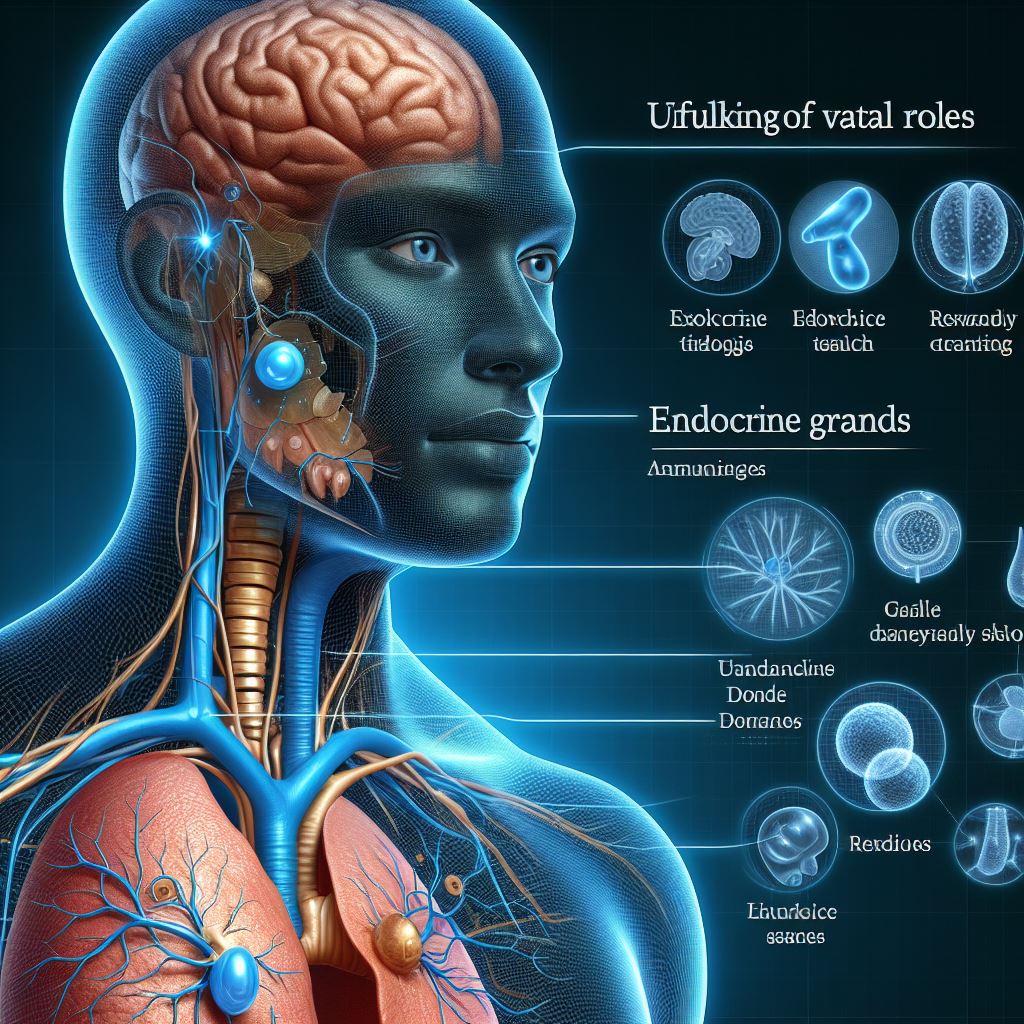Exocrine and Endocrine Glands in the Human Body
Essential Players in Physiological Harmony
Within the intricate symphony of the human body, exocrine and endocrine glands emerge as indispensable contributors to physiological equilibrium. Let’s explore the profound importance of these glands and their distinct roles in maintaining health and balance.

Endocrine Glands: Silent Conductors of Chemical Messages
Hormonal Harmony: Orchestrating Body Functions
Endocrine glands, including the thyroid, pituitary, and adrenal glands, secrete hormones directly into the bloodstream. These chemical messengers travel throughout the body, regulating various processes such as metabolism, growth, and stress responses. The endocrine system acts like a silent conductor, ensuring that different organs and tissues harmonize in response to changing internal and external conditions.
Homeostasis Guardians: Balancing Act
One of the primary functions of endocrine glands is to maintain homeostasis, the delicate balance of internal conditions. For example, the pancreas releases insulin and glucagon to regulate blood sugar levels, while the thyroid gland fine-tunes metabolism. This orchestration ensures that the body’s internal environment remains stable, despite external fluctuations.
Exocrine Glands: External Messengers for Digestive Bliss
Digestive Dynamo: Enzyme Secretion
Exocrine glands, on the other hand, release their secretions into ducts that lead to body surfaces or cavities. In the digestive system, exocrine glands such as salivary glands and pancreatic glands play a pivotal role. Salivary glands release enzymes to kickstart digestion in the mouth, while pancreatic glands secrete digestive enzymes into the small intestine. This external messaging system ensures efficient breakdown of nutrients for absorption.
Cooling Agents: Sweat Glands in Action
Beyond digestion, exocrine glands like sweat glands aid in thermoregulation. They release sweat onto the skin’s surface, where it evaporates and cools the body. This cooling mechanism is crucial for preventing overheating during physical exertion or high temperatures.
Harmony in Diversity: Exocrine and Endocrine Collaboration
In the intricate dance of bodily functions, exocrine and endocrine glands collaborate seamlessly to ensure optimal health and functionality.
Conclusion: Guardians of Internal Symphony
As we unravel the importance of exocrine and endocrine glands, we gain insight into the guardianship they provide over the body’s internal symphony. From hormonal regulation to digestive prowess, these glands stand as silent heroes, working tirelessly to maintain the delicate balance that sustains life. In acknowledging their significance, we deepen our appreciation for the marvel that is the human body and its ability to maintain harmony amidst the complexities of existence.
